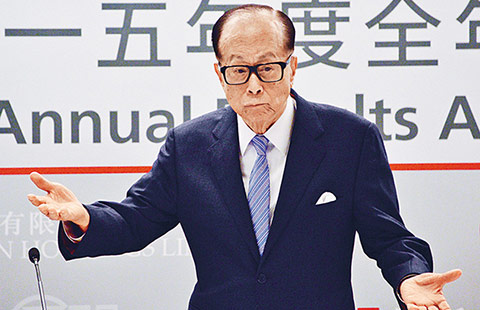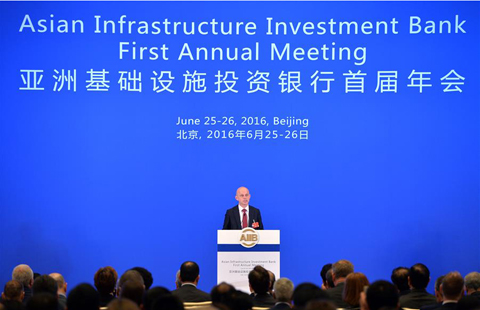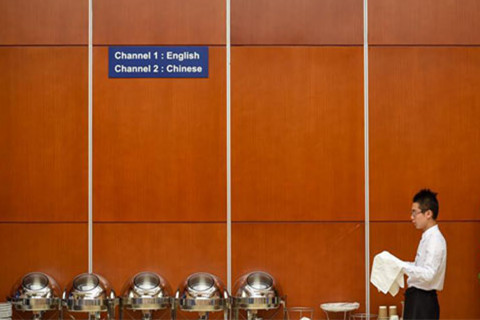Airbus wins 60-plane order after EU retreat
By Bloomberg News in Hong Kong (China Daily) Updated: 2012-11-26 11:19Airbus SAS won an order for 60 A320 planes from China Eastern Airlines Corp less than two weeks after the European Union backed down in a dispute with the government in Beijing over jetliner emission levies.
China Eastern received a "substantive" discount to the list price of $5.4 billion for the single-aisle planes, it said in a statement from Shanghai on Friday, adding that Airbus, based in Toulouse, France, also agreed to take 18 regional jets off its hands.
EU plans to impose carbon dioxide-emission fees on flights in and out of the bloc were suspended on Nov 12 after countries including China, India and Russia threatened retaliatory steps. Airbus parent European Aeronautic, Defence & Space Co had said the levies might cause China to refuse to take its planes.
"I suspect there's a message there," said Sandy Morris, an analyst at Jefferies International in London with a "buy" rating on EADS. "China has been light on A320 orders for a while now and it looks like Airbus held some production slots back until this was resolved. It's called looking after your customer."
The A320s, due to arrive from 2014 to 2017, will be used mainly on domestic routes, according to China Eastern, which last year switched an order for 24 Boeing Co 787s wide-body planes to 45 smaller 737s because of waning long-haul demand.
The airline will sell eight Bombardier Inc CRJ planes and 10 Embraer SA regional jets with a book value of 1.5 billion yuan ($241 million) to Airbus, it said in the statement.
China was pleased with the EU move to suspend the plan for emissions charges, Xia Xinghua, deputy director of its aviation regulator, said on Nov 13. The Asian country's airline association said in June that carriers would snub a deadline for filing emissions data and that the government would support them.
Three calls to China Eastern's offices outside regular office hours on Friday went unanswered.
Airbus Chief Executive Officer Fabrice Bregier said in September that China was withholding its signature on 35 to 45 wide-body A330 planes because of the emissions dispute. A contract for those aircraft would have given a "bigger signal" regarding current Chinese attitudes, Jefferies' Morris said.
- Entrepreneurs' future bright in China
- Expanded Panama Canal reflects megaship trend
- Soaring NEV industry must 'slow down', says expert
- Companies embracing robotics for production efficiency, profit
- Technology giant bets on its leadership
- Chairman of NDRC says effects of EU changes on China are limited
- Schwab: World will adjust to Brexit
- No big Brexit worries for now


















